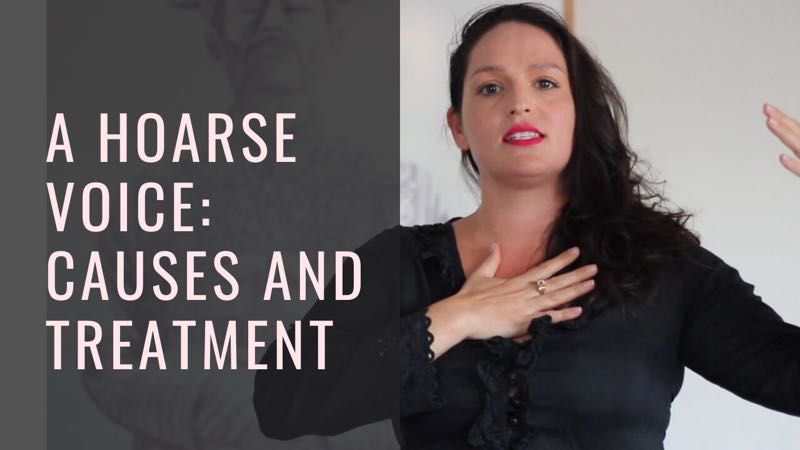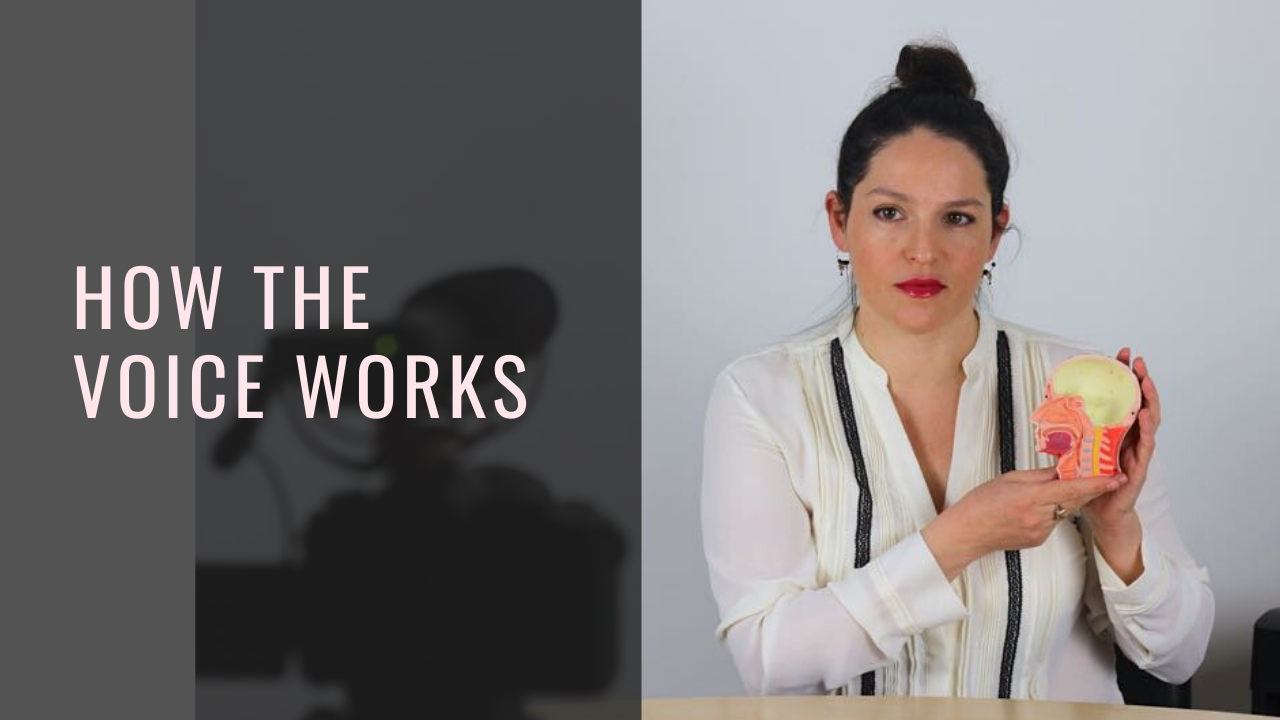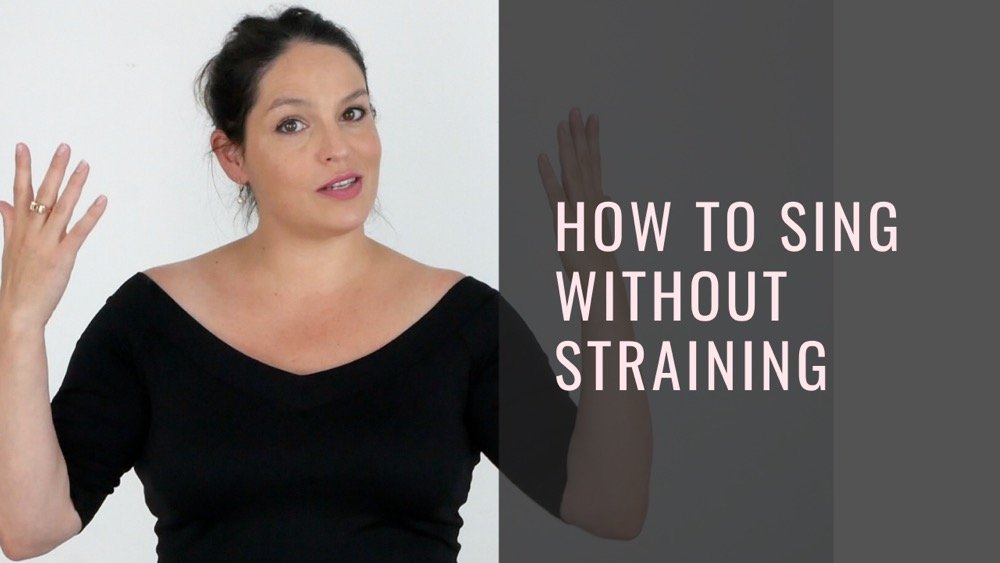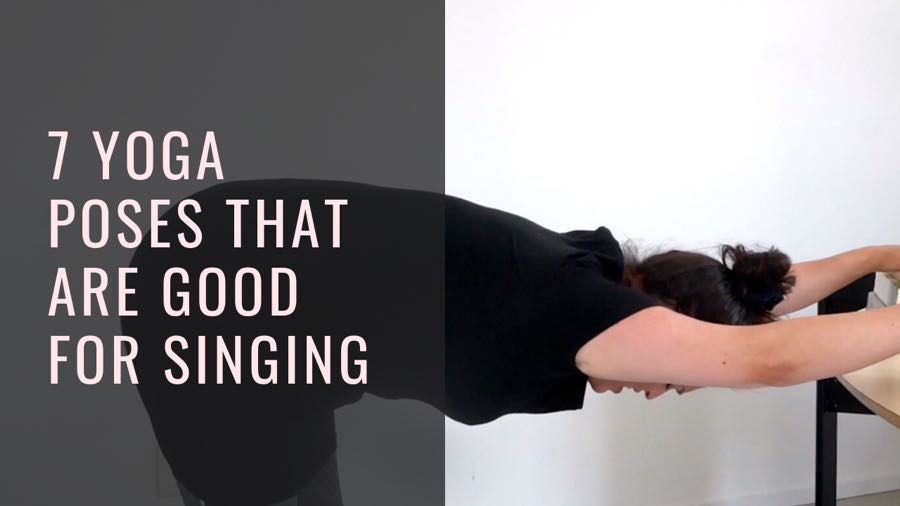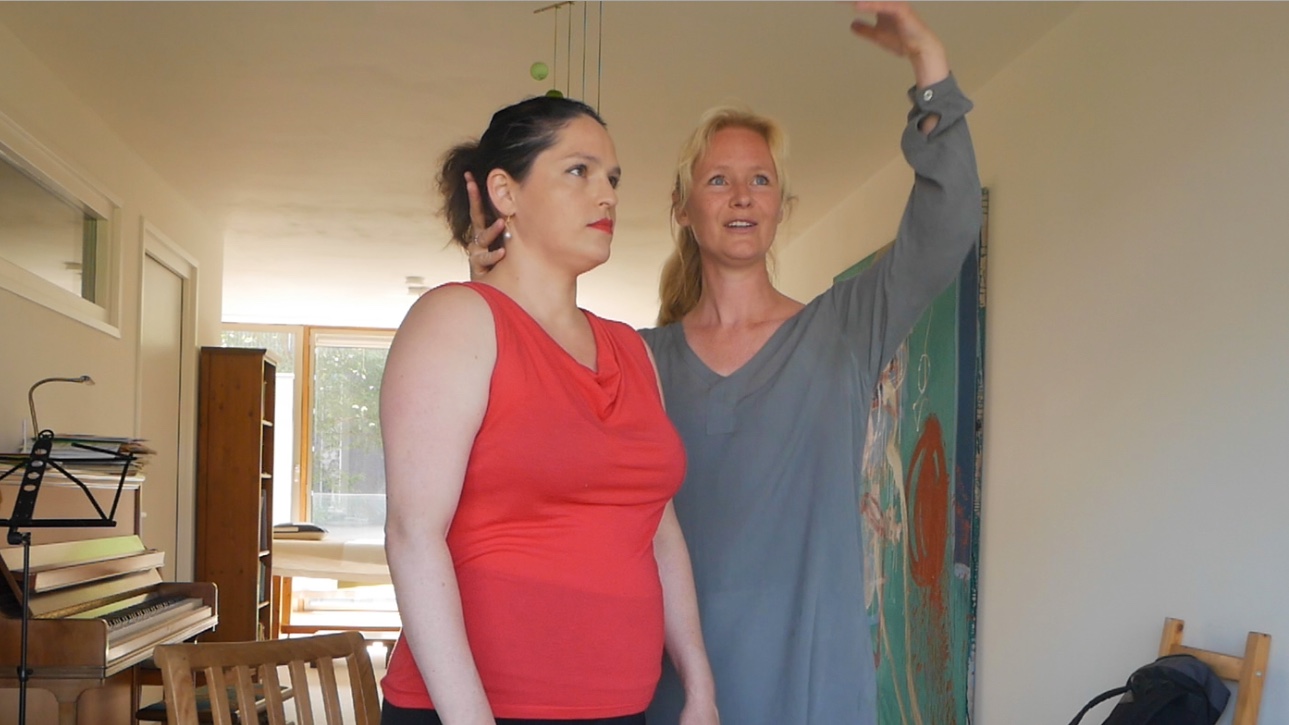What is my voice type? Am I a tenor, a baritone, a bass? Am I a coloratura soprano or a full lyric with extension? A light mezzo? A zwischenfach??
Aarrrrrgggghh!
How many times have you spent your time and energy pondering this yourself or with your teacher?
We all want to know what kind of voice type we have and what songs, arias and roles are good for us. We want to get that figured out as soon as possible so that we can work on the right repertoire. Makes sense, right? Or not?
First, let’s list the main categories of the human voice:
Main categories of the human voice
Male
Female
Within each category you can find multiple kinds and sorts of colors and qualities, varying between trends and music styles. It’s almost like someone out there is trying to make our lives as singers harder. Is this really necessary?
One of my students was still wondering after 10 years of training what type of voice she was. Every teacher she went to told her something else. Some gave her multiple answers, changing their opinion with time.
Oh, the confusion, the self doubts and the time wasted…
Here is the problem: it is very easy to get a voice type wrong. Even for a voice teacher. Especially before the voice has reached a good level of fullness and freedom. Our voice can hint certain elements to us that would make us think we are one thing, but that doesn’t necessarily mean that’s the case!
Here are three examples of how we can be fooled.
Three problems with determining your voice type
Voice type or stereotype? Range will fool you
A dear friend of mine was a professional opera singer. 4 different voice teachers reinforced the idea that she was a Coloratura Soprano (the highest voice type out there).
So she sang Queen of the Night, made decent money doing that, too. (If you can possibly sing that - you should, you will have a job.)
But she kept running into criticism: you sing so accurately, so virtuosically, always on pitch. But your high notes sound thin and non-vibrato, you should work on that.
And boy, did she. She tried with 4 teachers! Until the fifth told her she probably was actually a mezzo-soprano. Say what now? How is that possible? Mezzos have lower voices, don’t they?
Well, it turns out that she and I, and all of those teachers, were not aware that Mezzos tend to have wider ranges than Sopranos sometimes. And they tend to have whistle tones. You know, that tiny, thin note that actually sounds like a whistle, which Mariah Carey is famous for? That’s how my friend was singing this challenging opera role for years.
Teachers feel the pressure to label your voice. That makes them look like they know what they are talking about. They expect that of themselves and students expect that from them. So sometimes, they jump to conclusions. And then you might spend your time singing the wrong things and not properly addressing your voice.
Depth can be misleading
Another tricky thing that will lead some to get the wrong idea, is certain qualities of the voice. Eventually, a better way to judge if you are, say, a tenor or a baritone, is to listen to the quality of your voice and not your range.
So if you “sound like a baritone” when you speak - chances are you are a baritone, even if you can sing quite high. And vice versa.
However! If the voice is not yet fully developed you can’t really tell all the qualities of the voice yet!
Did you know that there is a thing called a “Wagner Tenor”? That’s a type of tenor who sings mostly Wagner, because his top range is wonderful, full, rich and especially loud. But it's also very deep. It almost sounds like it's lower than it is. Which makes it even richer. Wagner wrote grandiose operas with huge orchestras, so those types of tenors are usually hired to sing those pieces.
If a singer trains only for a few years, he may not discover that he is able to sing so powerfully and freely and that he has this ability in his voice. So a teacher will listen to his voice quality when he sings and speaks, which is deep, and say: you are a typical Baritone. I can hear that depth in your voice. And they might not even try and explore other possibilities.
Lack of awareness
Most voice experts agree that instead of range, a voice is classified by where the voice sounds and feels the best, the most comfortable.
Still, especially for beginners and singers who have not developed their voice fully, awareness of your comfort zone can be tricky. You may feel comfortable in a certain register of the voice, but the ideal one is still to be discovered.
Perhaps you can tell where you're most comfortable. Perhaps you hear your own voice while you sing and it sounds like type X to you. BUT!
Maybe you think you're comfortable somewhere, because that’s what you are able to do right now! Your teacher might hear some notes come easier or sound richer. Teachers are trained to hear the potential in your voice. That was my case. More on that in a minute.
Another problem we have with awareness of our own voice is simply the assumption that one can properly hear oneself. If you listen to yourself while singing and it sounds a certain way to you - don’t trust that! Your voice sounds differently from inside your own head than it does in reality. These are 2 different sounds acoustically. So don’t try to put a label on your voice judging from what you think you hear yourself.
A funny anecdote about categorizing myself

In the beginning I didn’t really have high notes. So I started singing arias from mezzo roles. My teacher suspected I was not a mezzo (because the top notes I did have sounded better than the rest), but we had to work with what we had. I sang mezzo in the choir, in workshops and concerts. Then, when I developed more, it was like my voice wanted to go higher. I wasn't comfortable in the mezzo parts anymore.
Along the way, keeping busy with that ‘Fach (that’s vocal specialization in German, literally meaning ‘compartment’) question’, she has declared that she believes me to be a ‘Zwischenfach’: a soprano without high notes. Thanks 🙂 They sing mostly 'pants roles' (male characters).
Then she said: it suits you because you look a little bit like a man! Again, thanks 😉 (I had really stooped shoulders and posture back then, and if you squinted, I could pass for an American football player. That's better now, though)

What if I NEED to determine my voice type?
It gets more relevant when you're about to audition, specifically for classical music and musicals. In these cases a role is usually meant for a certain voice type.
You want to know which one you are so you can prepare. Hopefully by the time you audition, your voice is relatively free. If not, you do what sounds best at that time, and what is the most accessible and presents your voice the best.
But still, how CAN one find their voice type?
As a beginner, or if you are not an expert on voice types: use a voice teacher or musician with a good ear and ability to hear what roles you will be most suited for.
Though many voice teachers and experts do decide too quickly - if you have to know - they are your better chance.
Procrastinate solving this puzzle: if you can avoid categorizing yourself before you have to, please do. Give your voice the time to show its true self. Focus on freeing your voice, Don't worry about voice types so much.
What to do with repertoire in the meantime?
Only one of my teachers flatly refused to tell me what kind of roles I will end up singing in auditions. She said:
I can’t tell, not until the voice is free.
But she did give me a long list of opera arias and roles right of the bat. She gave me different types of arias: some relatively simple, which could be sung by different voice types; some were her bet of what my voice type could be; and some were obviously ‘stretch arias’: Pieces that I could use to expand my range and abilities, even if I won’t end up using them for auditions or even being able to properly sing them!
We played around with that list, tried different things on different days. Each repertoire had something else to offer.
But I want to know now!
Let’s face it: you don’t need me to help you find which category you fit in. There are a lot of tests on YouTube to find your range and your comfortable range - resulting, so they will tell you, in finally knowing which of all those vocal specialties you have.
If you are feeling adventurous and curious, go for it. But just take it with a grain of salt and remember: the most important thing is to learn to sing well, and never neglect the joy and meaning of that. So…
Let me know if anything I said here helped you, and if you still have some confusion on this topic. I’d be curious to read your thoughts.
Want to read more? Read about How the voice works. And about getting in shape as a singer.
Take your desire to sing seriously: get tools to become a better singer in your inbox
Eye-openers, tips and stories. Also content that I don't publish on my website.
In this article, I’ve been talking a lot about freeing your voice. I made a course about that: SingWell with Yoga.

